Covid hospital cases jump nearly 25% in England
- Published
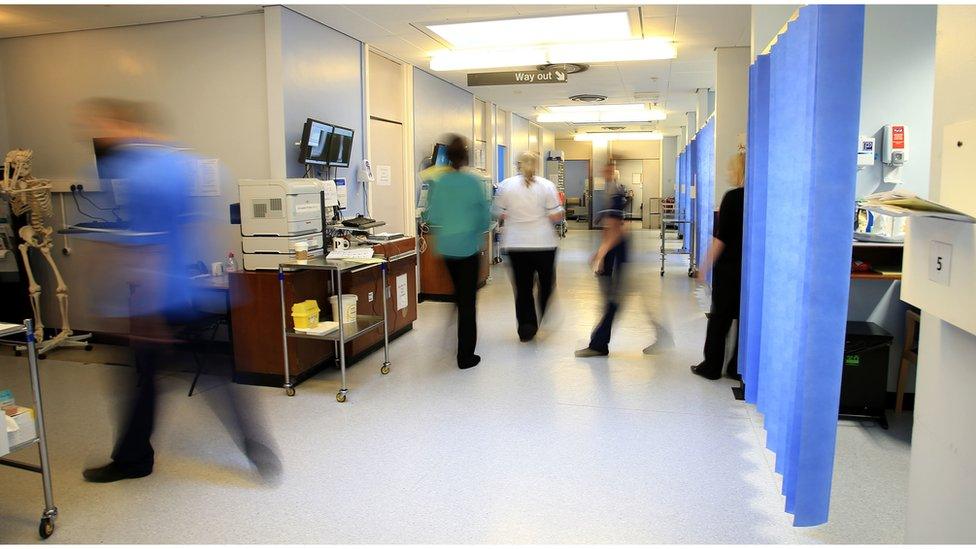
The number of people admitted to hospital with Covid-19 on one day has jumped by nearly a quarter in England.
There were 478 people admitted to hospital on Sunday - the largest daily figure since early June - up from 386.
More than two-thirds of those were in the North West, North East and Yorkshire.
It comes as a further 14,542 cases were confirmed across the whole of the UK on Tuesday. That daily figure has trebled in a fortnight.
Extra restrictions have been introduced in many areas of the UK to try to contain the spread of the virus - including across the whole of Scotland and Northern Ireland.
On top of these national measures, parts of Wales, Scotland, Northern Ireland and areas in the Midlands, Lancashire, Merseyside, West Yorkshire and the North East of England have seen additional rules imposed.
But Prof John Edmunds, who advises the government's coronavirus response as part of Sage, said more stringent national lockdown restrictions were needed to bring the pandemic under control.
He told BBC Newsnight local restrictions in the north of England had not been very effective, and the government's "light tough" measures were just "delaying the inevitable".
"We will at some point put very stringent measures in place because we will have to when hospitals start to really fill up," he said.
"Frankly, the better strategy is to put them in place now."
First Minister Nicola Sturgeon said new coronavirus restrictions would be announced on Wednesday - but it will not be another full lockdown.
And households could be banned from mixing in Nottingham after a surge in cases, a city health official has said.
The BBC understands that the government will push ahead with a new "three-tier" approach to restrictions in local areas of England, in an effort to replace the patchwork of existing measures.
Under the system, local areas would be put under one of three levels of restrictions based on the number of cases per 100,000 people.
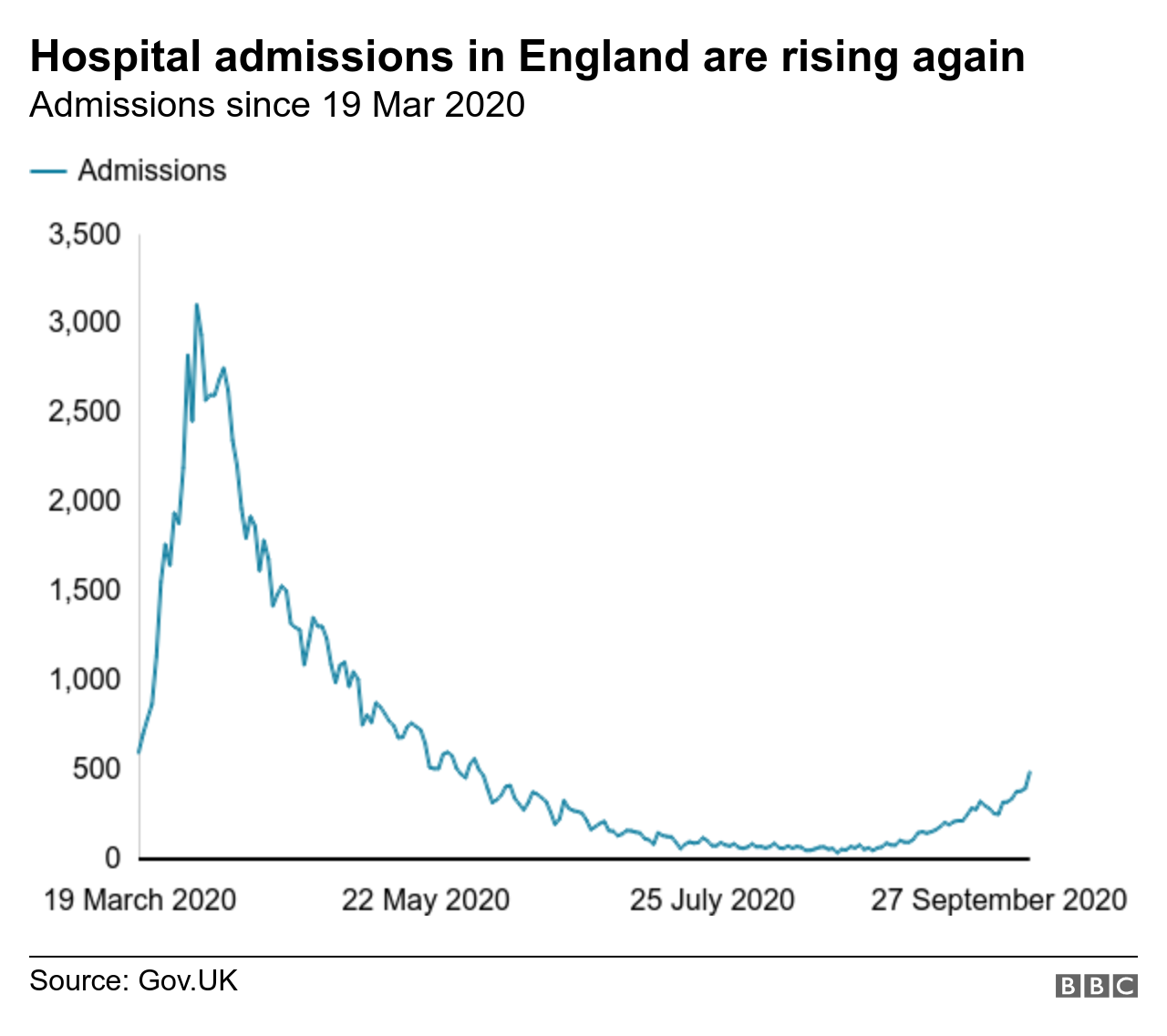
'Confusing' restrictions
However, the mayors in Leeds, Liverpool, Newcastle and Manchester - where cases are soaring - said a "more nuanced approach" than this was needed.
The current restrictions "are not working, confusing for the public and some, like the 10pm rule, are counter-productive", they said, in a letter to the health secretary.
They are demanding more powers for local police and councils to try to address the rising infection rates "based on local knowledge".
"Our response should consider broader local impacts than absolute numbers of infections: impacts on jobs and business; effects on poverty and deprivation; and relative infection rates in different sections of the population," they said.


As always, we should be cautious about reading too much into one day's change.
But of all the measurements of Covid, hospital admissions are perhaps the most reliable and they had been rising quite gradually before the jump on Sunday.
Sadly, we should expect cases to continue rising.
This is the time of year when emergency admissions for respiratory illness do go up.
In a normal year, we can expect 1,000 admissions a day for flu and respiratory viruses by December.
What we don't know is to what extent the normal illnesses are adding to this Covid total.
These new admissions mean about 3% of hospital beds are now occupied with Covid patients.
There are reports that hospitals, particularly in northern England, are very busy.
But elsewhere beds are free. The reduction in other services, from cancer care to routine operations, means bed occupancy levels are about a quarter lower than normal.
However, unions would point out that a shortage of staff means there are not always the doctors and nurses available to care for patients.

Cases and hospital admissions have been rising sharply in cities in the north of England, but are substantially lower in the south.
In Manchester, where the rate of infection is 529 cases per 100,000 people, the University of Manchester and Manchester Metropolitan University have said they will teach online only until "at least" the end of the month. More than a thousand students in the city have already been told to self-isolate.
Face-to-face teaching is also being suspended at the University of Sheffield, after the city's rate increased to 287 per 100,000.
In Liverpool the rate is 487 per 100,000 and in Newcastle Upon Tyne it is 435. There are 60 cases per 100,000 people in London, 46 in Bristol and 32 in Norwich.
Across the UK, the latest daily figures show a further 76 people have died within 28 days of testing positive.
That is a long way off the death tolls reached in April, but BBC medical editor Fergus Walsh said there was concern hospital admissions and eventually deaths would "just keep rising", unless coronavirus cases were brought under control in the north of England.

IMMUNITY: Can you catch it twice?
LOCAL LOCKDOWNS: What happens if you have one?
QUARANTINE: Who must self-isolate after arriving in the UK
LOOK-UP TOOL: How many cases in your area?

Highest daily figures since June
In total, nearly 2,800 patients are in hospital with Covid in England, compared with more than 17,000 at the epidemic's peak. A total of 2,783 Covid-19 patients spent Monday night in England's hospitals - the highest daily total since 25 June. There were also 349 patients in mechanical ventilation beds.
The latest hospital admissions figures, released for Sunday, show there were 478 new patients admitted - the highest daily figure since 3 June.
In Scotland, 262 people confirmed to have Covid-19 are in hospital - a rise of 44. In Wales, 92 admissions were recorded on the government's coronavirus dashboard - but that figure includes people who are suspected to have coronavirus, as well as those who have tested positive. There were no admissions in Northern Ireland.
Meanwhile, the government won a vote on retaining the "rule of six" in England by 287 votes to 17.
Among the MPs who voted against it were 12 rebel Tories, one of whom called it a "massive intrusion" into people's lives that does not "make sense".
The prime minister's spokesman earlier described it as a "sensible and helpful" measure.
- Published7 October 2020
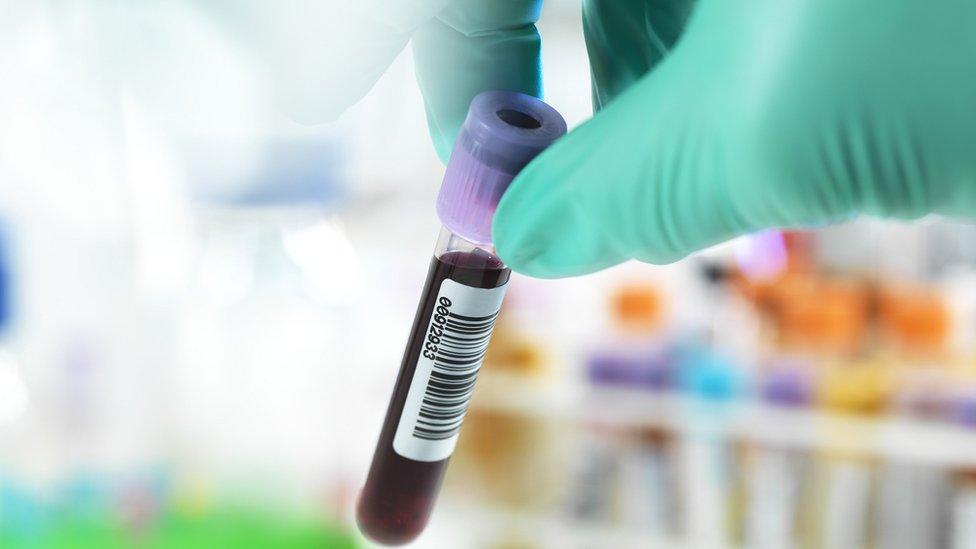
- Published6 October 2020
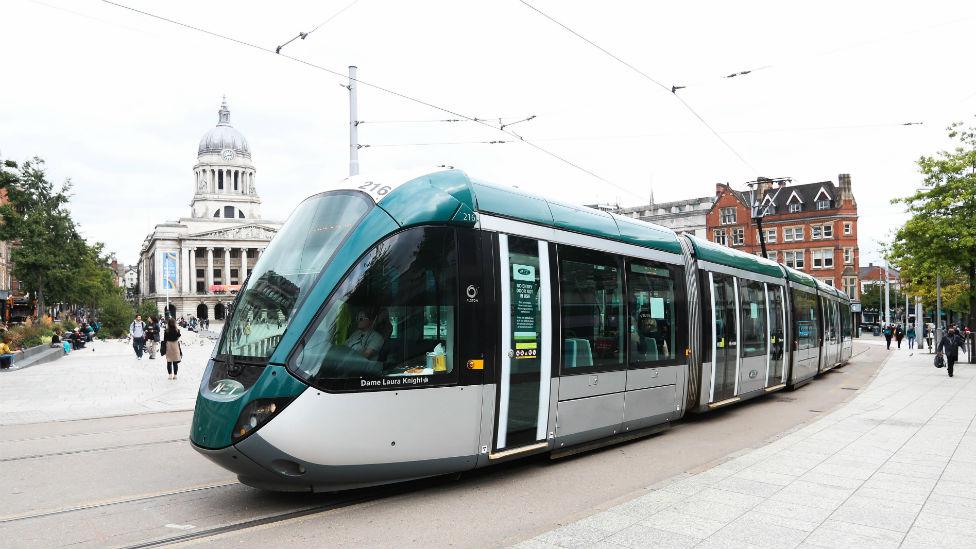
- Published6 October 2020
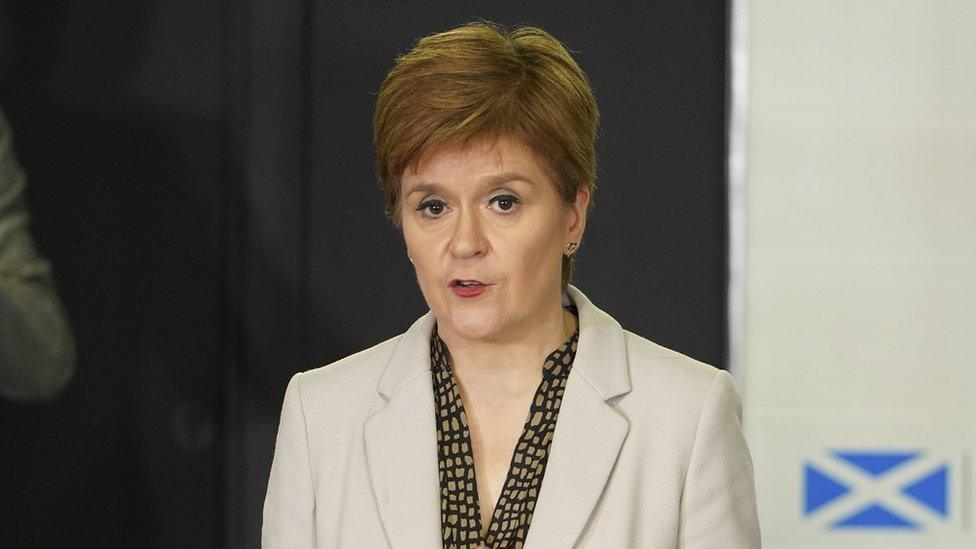
- Published5 July 2023
